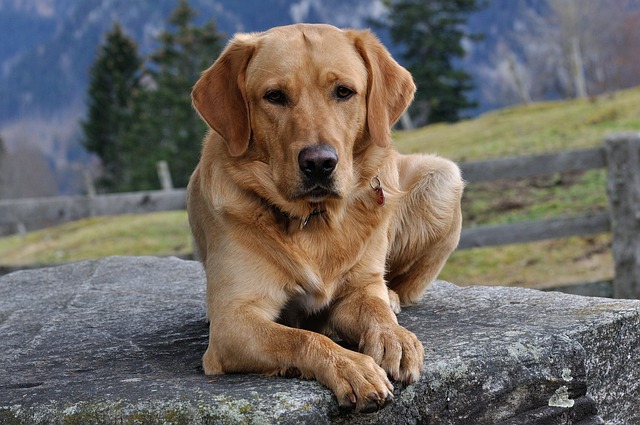
What is glaucoma in a dog?
You might notice your dog squinting more at mealtime or avoiding bright sunlight—these small changes could be early signs of a serious eye condition.
Picture your Golden Retriever, Cooper, hopping awkwardly across a Minneapolis sidewalk in January, lifting his paws from salt-covered ice while you wince in sympathy. Those tough-looking paw pads suddenly seem vulnerable, doesn’t it? The answer isn’t a simple yes or no – healthy paws are self-maintaining miracles, but city life demands thoughtful intervention. Here’s how to navigate this without compromising safety or responsibility.
Paw pads are nature’s perfect hiking boots: layers of fatty tissue and keratin designed for shock absorption and insulation. Normally, they need no products. But urban hazards disrupt this balance. Winter deicers in Chicago chemically burn pads, while summer pavement in Austin can blister within minutes. Watch for subtle signs: excessive licking, cracked surfaces, or reluctance to walk. Crucially, avoid human lotions – ingredients like mineral oil soften protective calluses, while fragrances trigger allergies. That coconut-scented cream? It’s a slipping hazard on your apartment’s hardwood floors.
When protection is needed (always confirm with your vet first), choose vet-approved paw balms with food-grade ingredients like carnauba wax or coconut oil. Apply sparingly: warm a pea-sized dab between fingers, massage into pads only before bedtime when walks are done. After snowy walks, rinse paws immediately with lukewarm water – stash a portable paw washer in your entryway. Use positive reinforcement training to build comfort: touch Cooper’s paws daily while rewarding calmness with diced chicken. Avoid pinning him down – force violates U.S. animal welfare ethics and creates lasting fear of handling.

Caring for Cooper’s paws intersects with civic duties. Always carry compostable bags – scooping dog poop in shared spaces like apartment courtyards isn’t just neighborly; it’s legally enforced nationwide to prevent parasites like hookworm. Keep Cooper leashed; sore paws might make him snap if startled by an off-leash dog. Apartment dwellers: wipe paws at the door to avoid tracking deicers that damage carpets (a common lease violation!). Ensure his rabies vaccine is current – required everywhere and critical if pain alters behavior during vet exams.
Prevention trumps treatment. Consider breathable dog boots for extreme conditions – acclimate Cooper slowly using treats. Walk during cooler hours in summer, testing pavement with your palm (if it’s too hot for you, it burns paws). Trim fur between pads monthly to prevent ice-ball buildup. For chronic dryness, ask your vet about omega-3 supplements – never self-prescribe zinc, which can be toxic. Remember: paw products are situational tools, not daily routines. Overusing balms weakens natural resilience. Cooper’s paw health reflects your commitment to the "Five Freedoms" – especially freedom from discomfort – embraced by responsible U.S. owners.

You might notice your dog squinting more at mealtime or avoiding bright sunlight—these small changes could be early signs of a serious eye condition.

Let’s set the scene: It’s a sweltering Phoenix afternoon—105°F outside—and you rushed your 2-year-old Lab mix, Cooper, on a quick walk to “get it over with.”

Let’s get real: You’re in your Miami apartment, watching your 3-year-old Corgi, Loki, struggle to climb the stairs to your second-floor unit.

Many dog owners brush off occasional scratching as just “dog behavior,” but persistent itching often signals something more—like a food allergy.

You might first notice your dog scratching more than usual—chewing at their paws until the fur looks thin, or rubbing their face against the couch nonstop.

Let’s be real: You’re standing in your Chicago apartment, watching your 3-year-old Beagle, Max, huff and puff just to climb onto the couch.